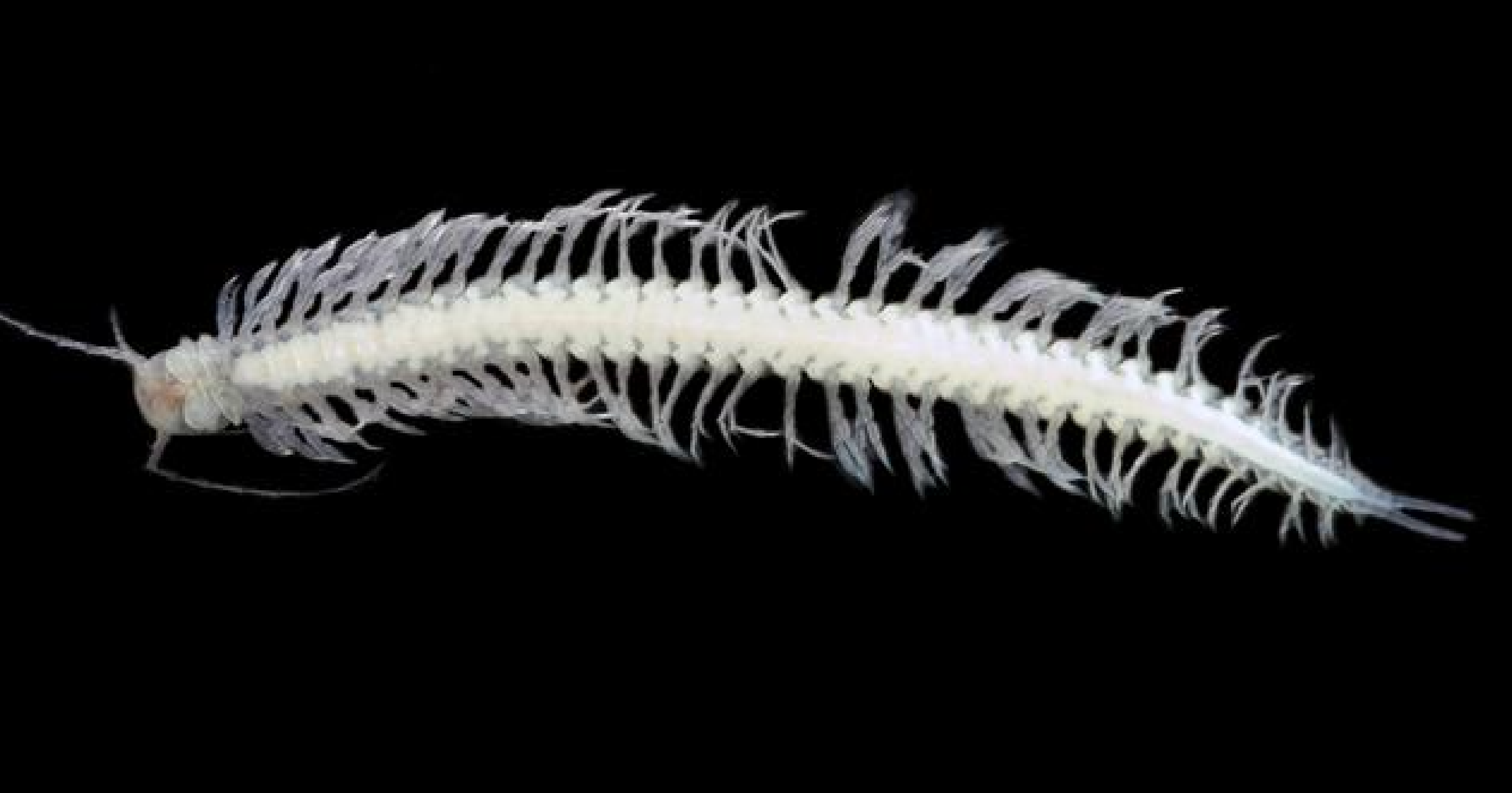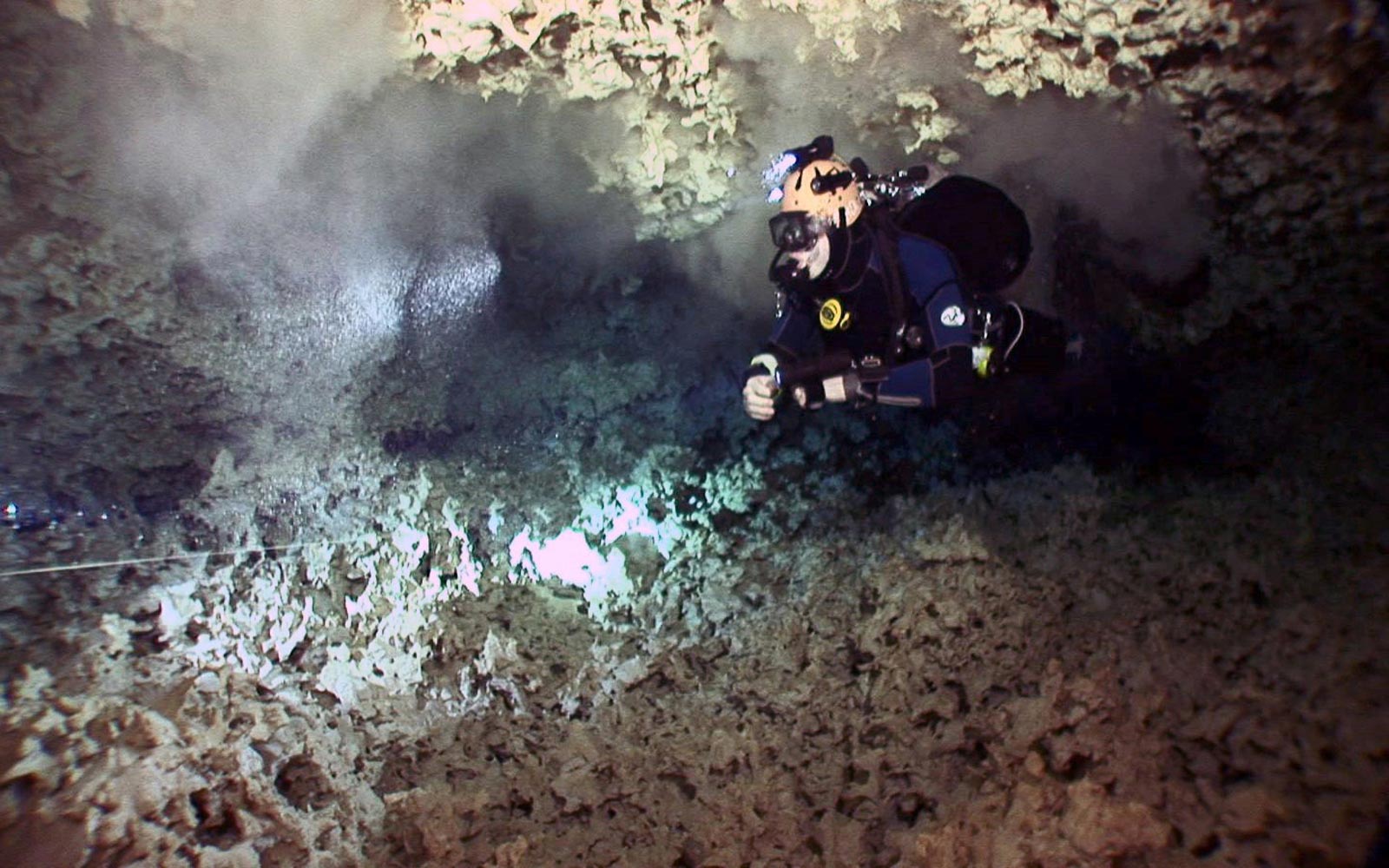Venom from centipede-like creature found in Mayan caves could treat epilepsy and chronic pain
Remipede faces habitat destruction from railroad network in Mexico, scientists say
Venom from centipede-like creatures found in the underwater caves of Mexico’s Yucatan Peninsula could potentially treat neurological disorders like epilepsy and chronic pain, a new study says.
Toxins from snakes, spiders, scorpions and insects have previously been found to have a wide range of medical applications.
But venom from marine animals remains poorly studied.
In the new study, researchers from Goethe University Frankfurt in Germany assessed toxins produced by an elusive marine remipede which resembles centipedes and lives in underwater caves.
“The remipede Xibalbanus tulumensis is the only crustacean for which a venom system has been described,” the researchers note in the study.
The remipede injects a potent neurotoxin produced by its venom gland directly into its prey to paralyse them.
The toxin contains a small protein, named xibalbine after the creature, which has similar characteristics to those of spider venom proteins.

These small protein molecules are resistant to enzymes, heat, and extreme pH values, and can inhibit important channels for transporting potassium salts in mammalian systems, researchers say.
“This inhibition is greatly important when it comes to developing drugs for a range of neurological diseases, including epilepsy,” study co-author Björn von Reumont said.

The venom proteins can also disrupt nerve signal transmission involved in pain sensitisation, opening up new approaches to pain treatment.
Some components of the remipede venom can inhibit crucial functions of heart muscle cells as well, the study points out.
The findings, according to researchers, reveal the “untapped potential” of marine biodiversity for the production of drugs.
“Our study is an important cornerstone for future studies to untangle the origin and function of these enigmatic proteins,” they write.

The study cautions that time seems to be running out for remipedes as their habitats are under serious threat. The construction of the Tren Maya intercity railroad network cutting straight through the Yucatan Peninsula poses particular challenges to the survival of the species.
This is particularly so as remipedes live in a “highly sensitive ecosystem”. “Our study highlights the importance of protecting biodiversity, not only for its ecological significance but also for potential substances that could be of crucial importance to us humans,” Dr von Reumont said.
Join our commenting forum
Join thought-provoking conversations, follow other Independent readers and see their replies
Comments
Bookmark popover
Removed from bookmarks